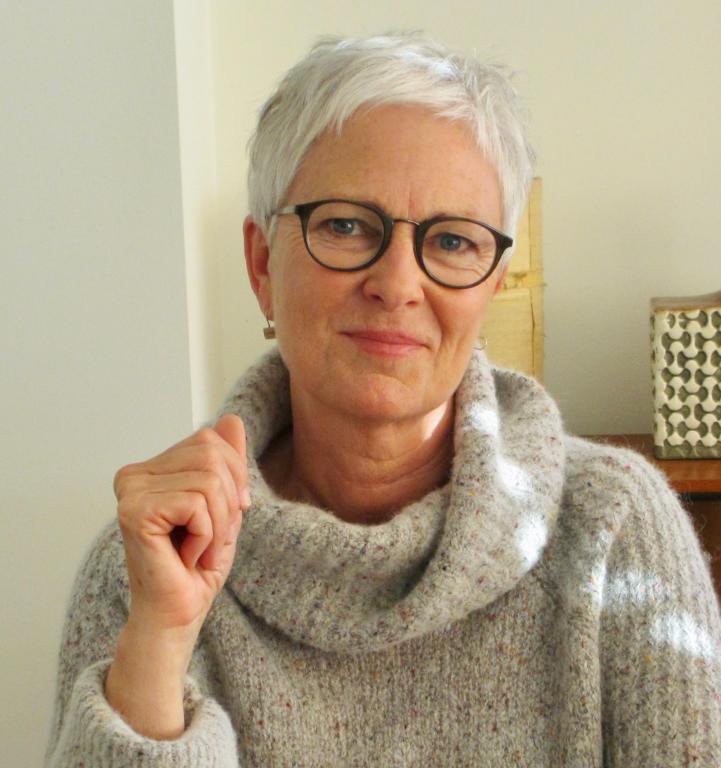Discover what makes you think, feel and act the way you do and learn new ways to change what’s not working
Mindfulness is something you become rather than something you do. It's a state of being. It involves intentionally bringing your attention to what is happening for you, including thoughts, emotions and body sensations, in the present moment, without judgement. This last bit is very important as sometimes we notice how we are but we criticise ourselves for it and want things to be different. With mindfulness we can learn to be kinder to ourselves - acknowledging and encouraging ourselves rather than beating ourselves up.
Sometimes we might get lost in going over the past or worrying about the future and miss the present moment altogether. Actually we can only make lasting changes when we allow ourselves to see and understand what we are experiencing right here, right now - the reality of things.
Mindfulness involves slowing down. For many of us this can feel frustrating - we want to forge ahead and figure things out so we can make them better. But this can often end up being self-defeating. The louder and busier our thoughts become, the less we can 'hear' the often subtle signals that tell us what's right for us and the less clear we feel. Becoming mindful lowers the 'noise' and enables us to receive those signals - like tuning a radio to get rid of the static. In this way we can allow creative solutions to emerge, allowing us to get clearer with less effort.
Whilst mindfulness is simple it can be really helpful to have some guidance and support in learning how to become mindful, until it feels more natural and easily accessible to you.
You can receive this guidance and support through mindfulness meditation classes and retreats, mindfulness based psychotherapy and mindfulness based stress reduction (MBSR) courses.
The way you relate to the world is a result of past experiences and the beliefs and habitual patterns you carry from those experiences. The beliefs and patterns often play out in unconscious and automatic ways.
An experienced therapist can guide you to slow down and gently bring attention to what is happening for you in this moment. When this happens, you are offered a mirror to start to see how you really are in the world. This includes your thoughts, feelings, behaviours and attitudes and how you interact in relationships.
With support, you can learn to understand and gain insight into these patterns and beliefs and decide whether they really serve you. You can then learn to listen to what you really need, learn how to meet those needs in more helpful ways and discover new ways of relating. This gives you a greater sense of choice, control, freedom and joy in your life, deepening your connection to yourself and others.
You will experience the greatest benefits from mindfulness with a combination of a formal regular meditation practice and incorporating mindfulness informally into everyday life.
Mindfulness meditation is a practice of having an attitude of sustained mindfulness for a particular period of time of your choosing. This can be as little as 5 or 10 minutes when starting out. This practice can include focussing your attention on a particular aspect of your experience for example your breathing. Meditation may involve either sitting or movement. Meditation helps strengthen and refine an attitude of mindfulness in much the same way as strengthening and toning a muscle at the gym.
Mindfulness in everyday life One way to do this is by stopping what you are doing every now and then throughout the day and 'checking in' with yourself by asking "What am I thinking, feeling and sensing right now?" with an attitude of kindness and curiosity. This will help you discover more about yourself and help interrupt the unconscious habitual patterns.
